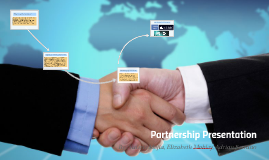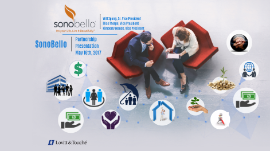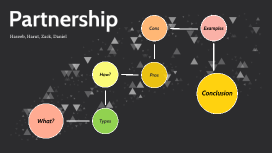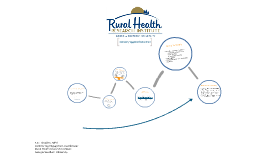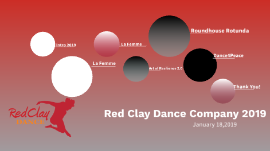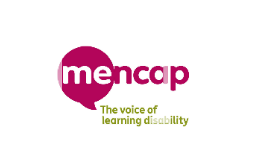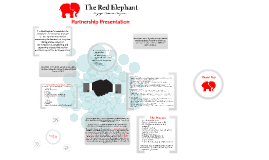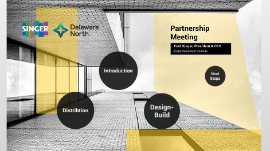Partnership Presentation
Transcript: At market prices in Uganda, sanitary materials would cost about one tenth of an average household income each month (Kirk and Sommer 2006). The Red Elephant's Three Core Tenets Empower the local population with new skills and the realization that they have the power to effect positive change This ongoing process culminates in the ability of women to recognize their worth, value, and ultimately their right to live with dignity for every week and day of the month The ongoing community dialogue will help bring this silent issue into the forefront. The more that menstruation is talked about, the better that it will be understood, and the greater chance there is of chipping away at the barriers that women face during and as a result of menstruation. Engage In some rural areas, menstruating females resort to using: cotton wool, cloths (including socks), tampons, tissue paper, pages torn from school exercise books, pieces of sponge torn from mattresses, old rags, leaves, cow dung, sawdust/sand, newspaper, a hole on the ground to sit on for the whole period Use of unsanitary materials leads to: Pelvic infections, Skin irritations, Disruptions to their education, Decision to drop out of school entirely. These are further exacerbated by: Stigma Powerlessness Lack of Sanitation We have developed a program that can be adapted to many different settings, with different populations and norms, to address the barriers that women face during and as a result of menstruation. These programs will be funded by us and taught to other organizations with functioning and thriving projects ‘on the ground’ in locations around the world. This program centers around the creation of simple reusable sanitary pads, and the establishment of a public dialogue that aims to decrease the stigma associated with menstruation that is so prevalent in many societies. The pads will be made of locally sourced materials wherever possible, they will be made by the local population, they will benefit women in the area by providing for a need, and they will benefit those involved in the simple production process as serving as a means to generate an income. The program that we have developed aims to engage the local population, educate them on how to produce the pads, and empower them through recognizing their value as human beings and their right to live with dignity – for every week and day of the month. Empower Educate the local population about the effects of menstruation and how to produce the pads Reusable sanitary-pad making is a simple endeavor Partner organizations are encouraged to work with existing community groups (women’s clubs, sewing cooperatives, etc.) Partner organizations will host workshops with these stakeholders The Red Elephant will provide pattern templates, instructions (which will need to be translated into the local language), and pictorial instructions, among other things Materials will be sourced locally The Red Elephant's mandate is to “empower women in low-resource settings by removing and/or overcoming the barriers that they face during, and as a result of, menstruation by establishing and supporting projects that seek to positively impact the local population” About one in ten school-age African girls does not attend school during menstruation (Kirk and Sommer 2006). The Red Elephant will: Support Ainembabazi Children's Project through the provision of our program model details, which they can then endeavor to implement in the host communities within which they work Review, on a monthly basis, any Project Proposals that are received Draft Project Contracts for approved Project Proposals Dispense the funds agreed upon in the Project Contract to Ainembabazi Children's Project for the purpose of implementing The Red Elephant’s program model Assist in the modification of our program model, when necessary, to allow Ainembabazi Children's Project to successfully implement our program model in the host communities within which they work Provide ongoing support to Ainembabazi Children's Project in regards to the implementation of The Red Elephant’s program model Ainembabazi Children's Project will: Submit an accurate Project Proposal for each individual project that they seek to undertake Adhere to each individual Project Contract that has been signed by both The Red Elephant and Ainembabazi Children's Project Modify and/or adapt The Red Elephant’s program model as necessary to allow for different settings, populations, and norms in order to adequately address the barriers that women face during and as a result of menstruation Jointly, both parties will: Remain committed to achieving their mission to empower women in low-resource settings by removing and/or overcoming the barriers that they face during, and as a result of, menstruation Endeavor to engage the local population, educate them on how to produce the re-usable sanitary pads, and empower them through recognizing their value as human beings and their right to live with






